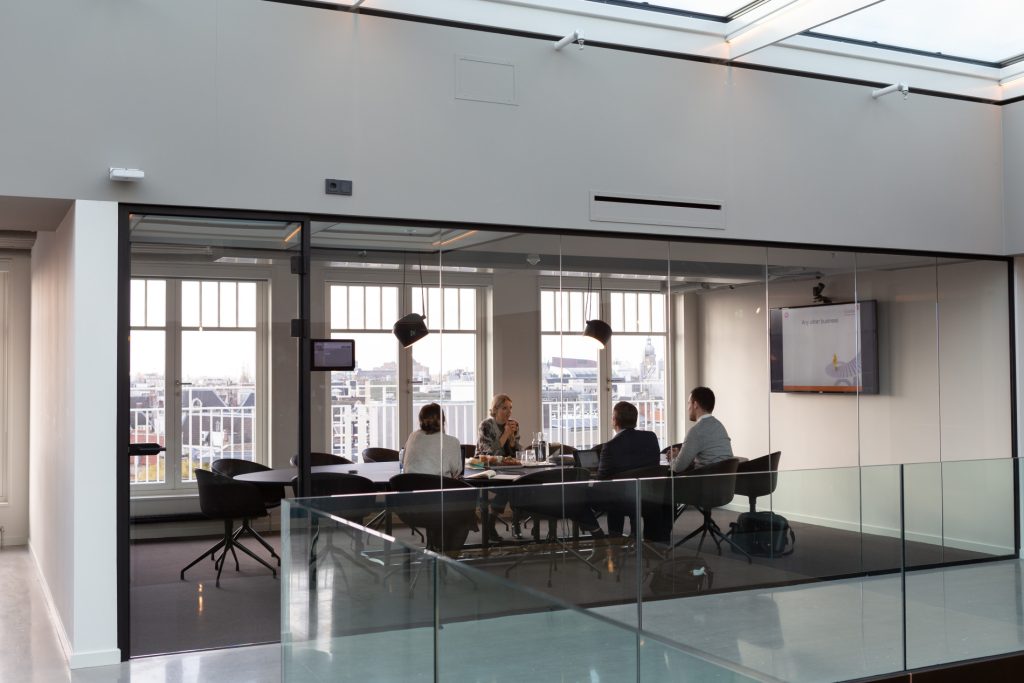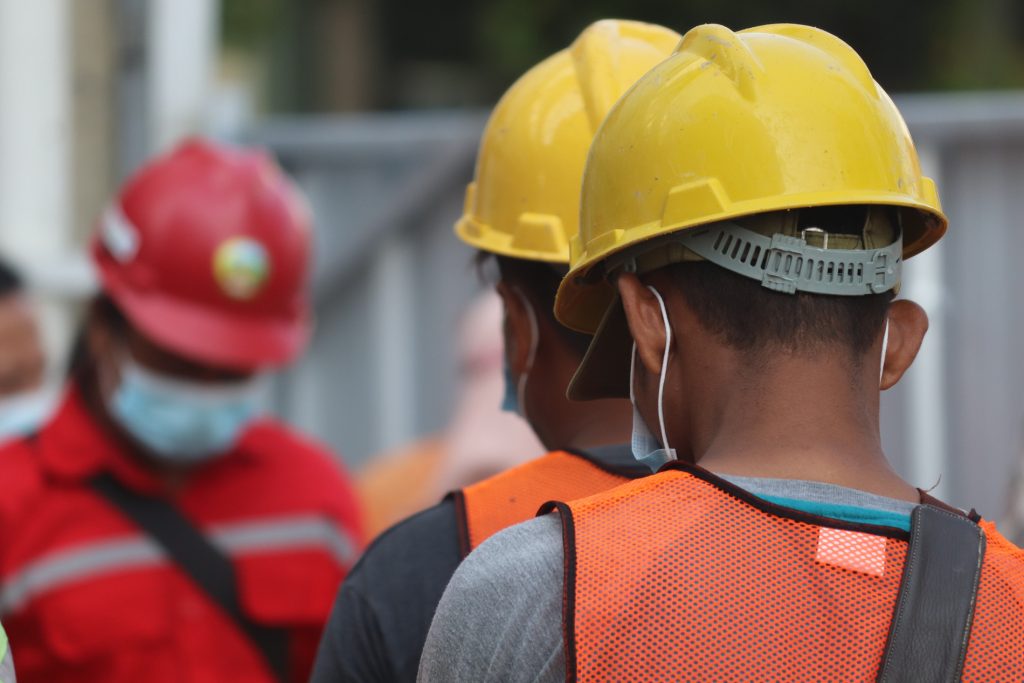The Future of Procurement in Australia: Top 5 Trends for 2025
The Future of Procurement in Australia: Top 5 Trends for 2025
As we move into 2025, procurement in Australia is undergoing significant change. With economic pressures, global supply chain disruptions, and increasing sustainability expectations, businesses are rethinking how they source and manage their goods and services. Let’s dive into the five biggest procurement trends shaping the future.
-
The Rise of AI and Digital Procurement
Technology continues to revolutionise procurement, with artificial intelligence (AI) and automation leading the charge. AI-powered tools are helping businesses streamline supplier management, predict market fluctuations, and enhance risk mitigation. According to GEP, predictive analytics and robotic process automation (RPA) are set to play a critical role in making procurement more efficient and cost-effective.
-
Strengthening Supply Chain Resilience
The disruptions of recent years—whether due to geopolitical tensions, climate events, or pandemic-related shortages—have highlighted the need for more resilient supply chains. Australian businesses are increasingly adopting a ‘China-plus-one’ strategy, diversifying their supplier base to reduce risk. As noted by Consultancy.com.au, companies are actively seeking alternative sourcing locations and investing in stronger supplier relationships to avoid bottlenecks.
-
Sustainability and ESG at the Core
Sustainability is no longer just a buzzword—it’s becoming a core component of procurement strategies. Companies are under growing pressure to track and reduce their environmental impact, especially in areas like carbon emissions and waste reduction. Scope 3 emissions, which cover indirect emissions across the supply chain, are a key focus for procurement leaders. As reported by Consultancy.eu, businesses are working closely with suppliers to implement sustainable practices and meet regulatory expectations.
-
The Push for Supplier Diversity
Diversity and inclusion in procurement are gaining momentum, with an emphasis on supporting Indigenous-owned and minority-led businesses. The Australian Government and major corporations are committing to supplier diversity initiatives, ensuring underrepresented businesses have more opportunities in procurement processes. A report from The Australian highlights the increasing role of Indigenous-owned firms in government and corporate contracts, reflecting a broader shift towards equitable procurement.
-
Cost Control Amid Inflationary Pressures
With inflation still a major concern, procurement teams are finding innovative ways to manage costs without sacrificing quality. Strategic sourcing, cost modelling, and leveraging technology for data-driven decision-making are becoming essential. As highlighted by Consultancy.com.au, companies are looking at long-term partnerships and sustainability-driven cost savings as ways to secure financial stability in uncertain times.
Looking Ahead
The procurement sector in 2025 is shaping up to be dynamic, driven by technology, resilience, sustainability, inclusivity, and cost efficiency. Companies that embrace these trends will not only navigate challenges more effectively but also create stronger, more responsible supply chains for the future.
By staying ahead of these shifts, Australian businesses can ensure their procurement strategies are not only competitive but also aligned with the evolving economic and social environment.
ARE YOU CURRENTLY LOOKING TO HIRE?
ASR Recruitment is a boutique recruitment agency specialising in Technology & Digital, Marketing and Communications, Accounting & Finance, Construction, Human Resources, Engineering, Safety, Procurement, Transport & Logistics, Manufacturing, Legal & Risk, Administration & Customer Service.
Find out more by visiting our Clients page!
Looking for a new role? Search Jobs here.
From our blog
Read our articles below to see our latest insights.









